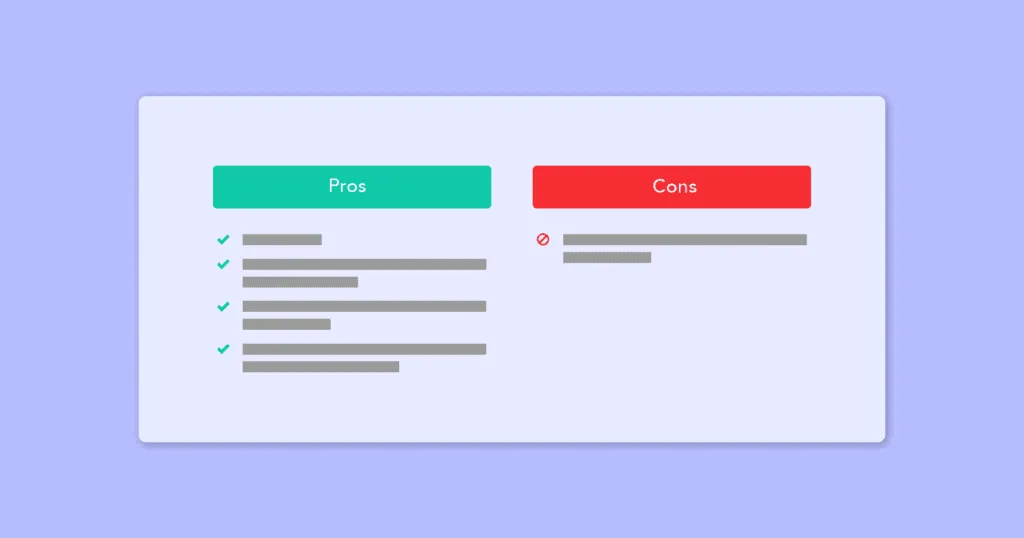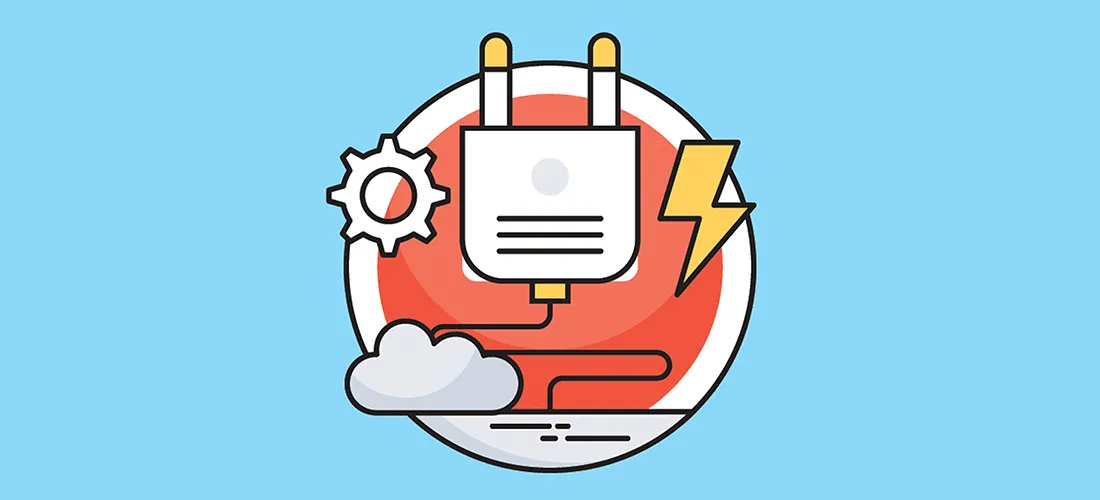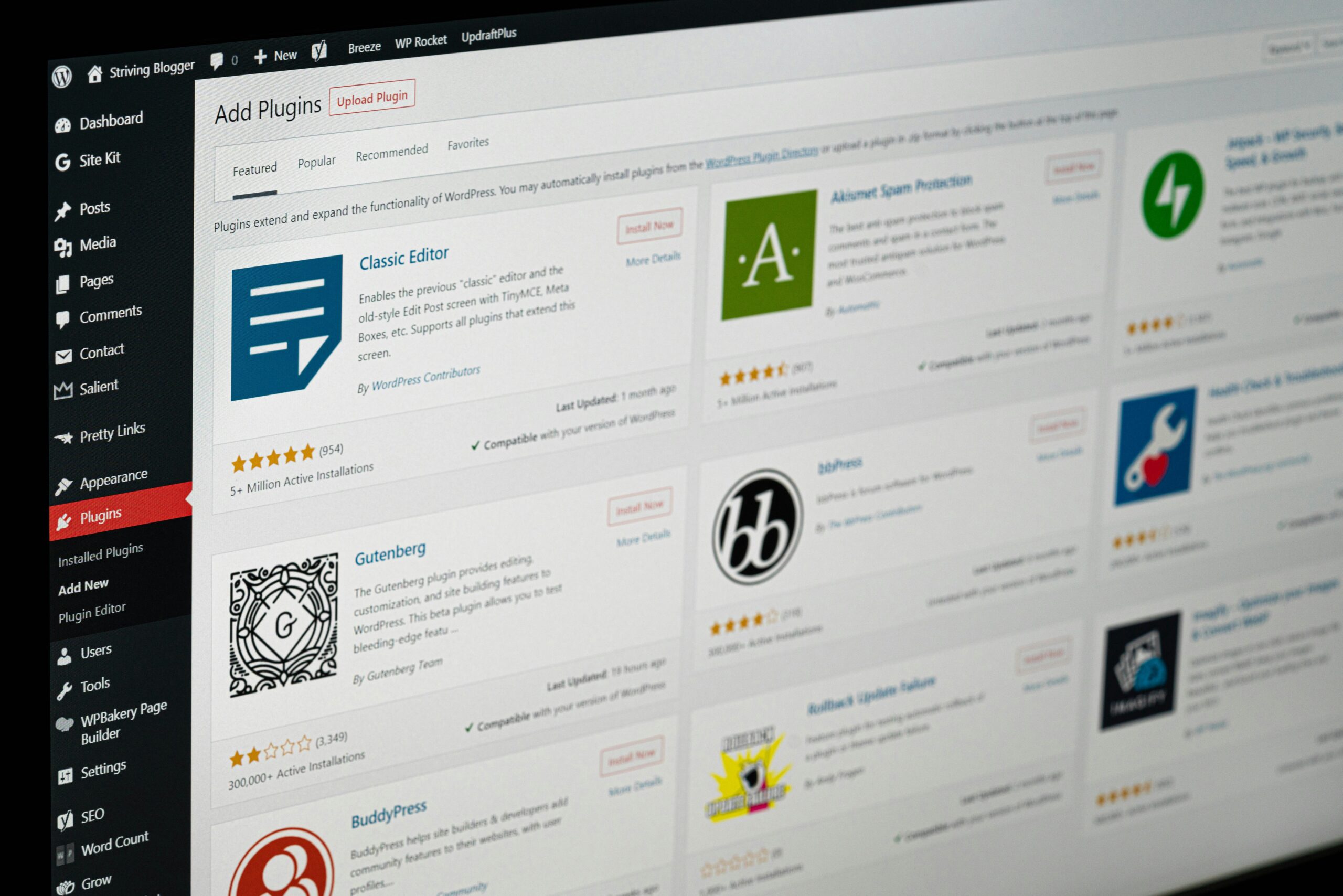What are the pros and cons of using plugins in WordPress?

Plugins are an essential part of the WordPress ecosystem, offering a wide range of functionalities and features to enhance the functionality of your website. However, like any tool, plugins come with their own set of pros and cons. In this article, we will explore the advantages and disadvantages of using plugins in WordPress.
Pros of Using Plugins in WordPress:
1. Increased Functionality: One of the biggest advantages of using plugins in WordPress is the ability to extend the functionality of your website. Whether you need to add a contact form, create an online store, or optimize your website for search engines, there is a plugin available for almost every need. Plugins allow you to add new features and capabilities to your website without the need for coding or technical expertise.
2. Time and Cost Savings: Plugins can save you significant time and money by eliminating the need to hire a developer for custom coding. With plugins, you can easily add complex functionalities to your website with just a few clicks. This not only saves you money but also allows you to focus on other aspects of your business.
3. Easy Installation and Updates: Installing a plugin in WordPress is a straightforward process. Most plugins can be installed directly from the WordPress plugin repository or uploaded manually. Once installed, plugins can be easily activated or deactivated as per your requirements. Additionally, plugins are regularly updated by their developers to ensure compatibility with the latest version of WordPress, providing you with enhanced security and improved performance.
4. Customization and Flexibility: Plugins offer a high level of customization and flexibility, allowing you to tailor your website to meet your specific needs. Whether you want to change the design of your website, add social media sharing buttons, or integrate third-party services, plugins make it easy to customize your website without any coding knowledge.
5. Community Support: WordPress has a large and active community of plugin developers and users. If you encounter any issues or have questions about a particular plugin, chances are that someone in the community has already faced a similar problem and can provide a solution. The community support ensures that you can find help and guidance whenever you need it.
Cons of Using Plugins in WordPress:
1. Plugin Compatibility: With thousands of plugins available in the WordPress plugin repository, it can be challenging to find plugins that are compatible with each other. Sometimes, installing multiple plugins can lead to conflicts and cause your website to crash or malfunction. It is essential to carefully research and test plugins before installing them to ensure compatibility.
2. Security Risks: While plugins can enhance the functionality of your website, they can also pose security risks if not properly maintained. Outdated or poorly coded plugins can be vulnerable to hacking attempts and malware injections. It is crucial to regularly update your plugins and choose reputable plugins from trusted sources to minimize security risks.
3. Performance Impact: Some plugins can significantly impact the performance of your website, leading to slower page load times and decreased user experience. Plugins that are poorly coded or have excessive features can consume excessive server resources, resulting in slower website performance. It is important to choose lightweight and optimized plugins to minimize the performance impact.
4. Dependency on Plugin Developers: When you rely heavily on plugins for various functionalities, you become dependent on the developers of those plugins. If a plugin developer discontinues support or fails to update the plugin, it can leave your website vulnerable to security threats or compatibility issues. It is advisable to choose plugins that are actively maintained and have a good track record of updates and support.
5. Plugin Overload: It is easy to get carried away with installing too many plugins, especially with the vast range of options available. However, having too many plugins can bloat your website, increase the risk of conflicts, and make it difficult to manage. It is important to evaluate the necessity of each plugin and only install those that are essential for your website’s functionality.
In conclusion, plugins offer numerous benefits in terms of functionality, time savings, customization, and community support. However, it is essential to carefully choose and manage plugins to avoid compatibility issues, security risks, and performance impacts. By understanding the pros and cons of using plugins in WordPress, you can make informed decisions to optimize your website’s functionality and performance.


